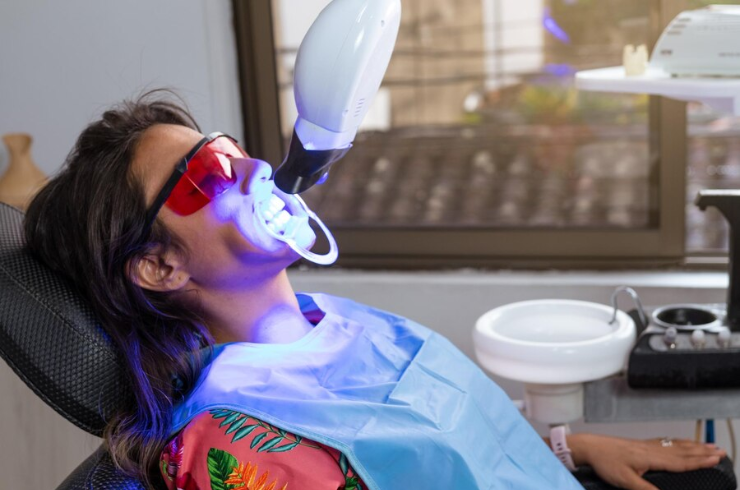
Laser gum surgeries are advanced dental procedures that use laser technology to treat various gum issues. Unlike traditional gum surgery, which requires incisions and stitches, laser surgery is minimally invasive and involves the use of concentrated light beams to remove or reshape diseased or damaged gum tissue. This precise method promotes faster healing and reduces discomfort, making it a popular choice for treating gum disease and other periodontal conditions.
Why Is Laser Gum Surgery Performed?
Laser gum surgeries are commonly used to address:
The Laser Gum Surgery Procedure
Laser gum surgery is typically performed in a dental office under local anesthesia. The dentist uses a specialized laser to target diseased tissue and bacteria in the gum pockets. The laser energy sterilizes the area, promoting quicker healing. Because lasers are so precise, healthy tissue is preserved, and there’s less bleeding, swelling, and discomfort compared to traditional surgery.
Benefits of Laser Gum Surgery
Aftercare
After laser gum surgery, patients typically experience faster healing compared to traditional methods. It’s important to maintain good oral hygiene and follow the dentist’s recommendations for post-operative care. Avoiding hard or spicy foods and sticking to a soft diet for a few days can also help speed up recovery. Regular check-ups ensure optimal healing and long-term gum health.